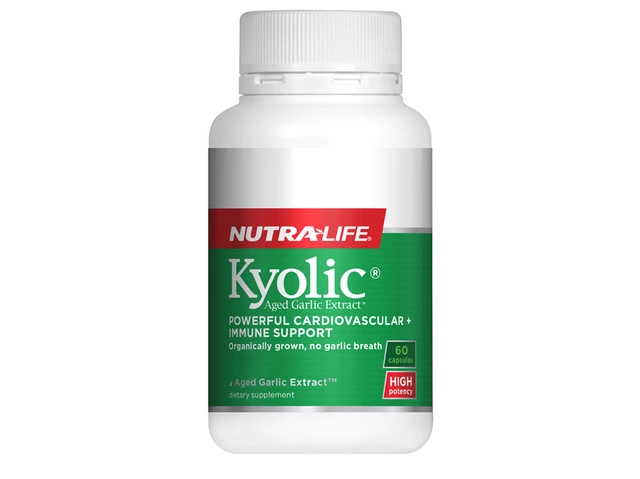Isotretinoin for Acne in Gender-Affirming Care — July 2024 Archive
This month we covered a study showing isotretinoin can effectively treat acne that appears after gender-affirming hormone therapy. The researchers reported clear skin improvements for many transgender and gender-diverse patients. But they also pointed out real barriers: the iPLEDGE system, worries about side effects, and limited data in this group. The piece urges more targeted research to fine tune dosing, monitoring, and support.
If you are a patient wondering what this means, start by talking with the provider who manages your hormones or skin. Isotretinoin works well for severe, treatment-resistant acne. It needs careful monitoring: regular blood tests for liver enzymes and lipids, clear birth control plans for people who can get pregnant, and check-ins about mood and overall wellbeing. That sounds like a lot, but many people complete treatment safely when care is coordinated.
For clinicians, the study highlights two main actions. First, when acne is linked to hormone therapy, treat the person, not the paperwork. Consider isotretinoin if other treatments fail. Second, make the process easier for trans and gender-diverse patients. Explain iPLEDGE requirements clearly, use respectful language, and document contraceptive counseling accurately. Small changes in clinic processes can reduce dropouts.
iPLEDGE remains a major barrier. Its sex-based categories don’t match many patients’ needs and can force awkward, stressful conversations. The archive post calls for program reform and interim fixes like patient-centered intake forms and staff training. Telemedicine follow-ups and local lab partnerships also help patients who live far from specialist clinics.
Safety matters. Common side effects are dry skin, chapped lips, and sensitivity to the sun. Lab changes like rises in triglycerides or liver tests are usually mild but need checking. Serious risks include severe birth defects if taken during pregnancy. Mental health checks should be part of care, though studies have not proven a direct link between isotretinoin and major mood disorders. Still, open communication about mood and sleep is essential.
Practical steps you can take today: ask your clinic how they handle consent and iPLEDGE for trans patients; request a clear lab schedule; bring a support person to appointments if you like; report side effects early. Clinicians should document hormone regimens, work with reproductive health specialists, and push for system changes that reduce stigma.
What to expect during treatment
Most courses last about 16 to 20 weeks and doses depend on weight and acne severity. Patients often see improvement after six to eight weeks. You may need a maintenance plan after the course. Use gentle cleansers, heavy moisturizers, lip balm, and daily sunscreen to reduce side effects.
Quick clinic checklist
Bring a list of current medications and hormone doses. Ask for a clear lab schedule, written consent notes, and contact info for side effect questions. Request respectful intake language and a plan for contraception counseling if needed and follow-up options available.
The July 2024 archive entry is a useful snapshot: isotretinoin helps many patients on gender-affirming hormones, but social and system barriers limit access. More research and better policies will make treatment safer and fairer for everyone seeking clear skin during transition.

A recent study reveals isotretinoin's effectiveness in treating acne caused by gender-affirming hormone therapy. While it shows notable success, barriers like strict iPLEDGE adherence and concerns about side effects persist. Researchers call for more studies to optimize treatment and ensure better care for transgender and gender-diverse individuals.
Chris Gore Jul 26, 2024




